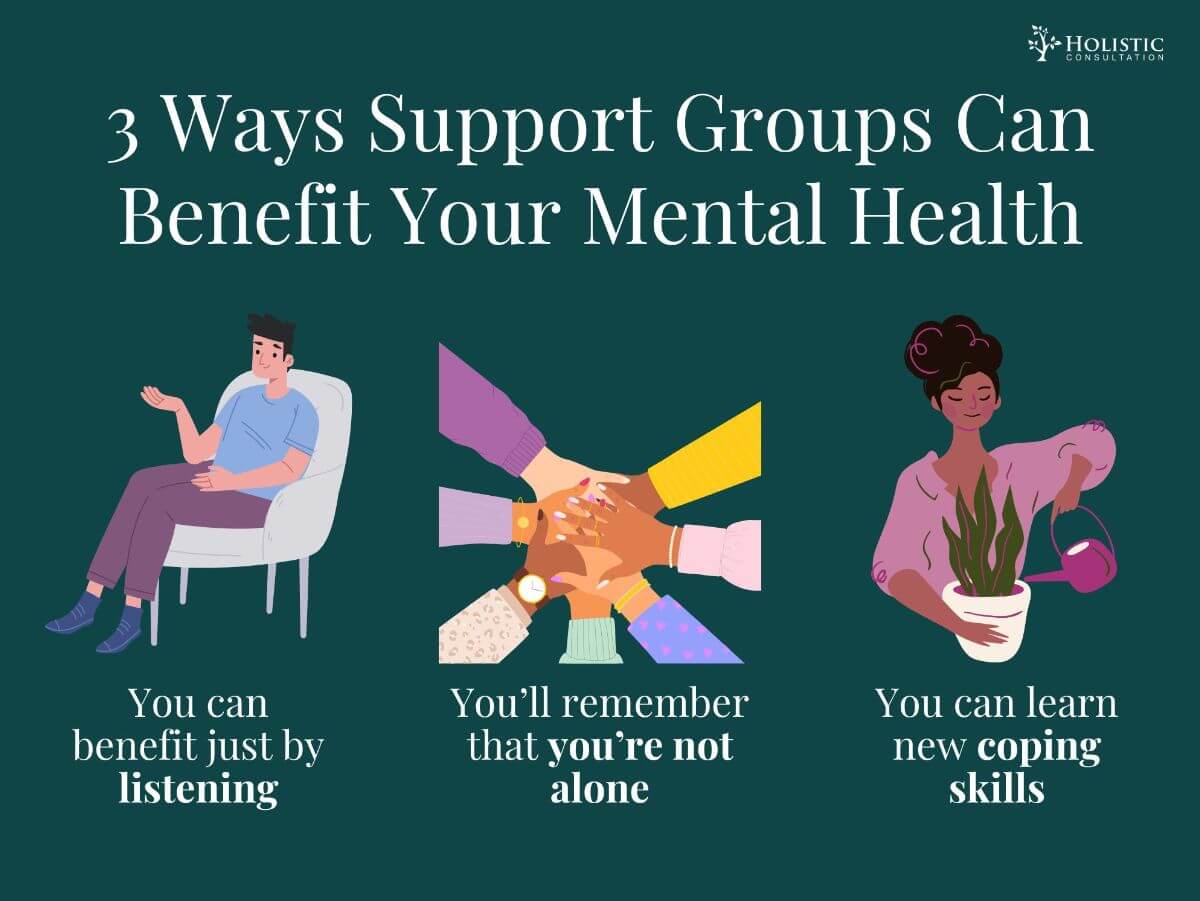What Does Mental Health Counseling Do?
What Does Mental Health Counseling Do?
Blog Article
5 Simple Techniques For Mental Health Counseling
Table of ContentsWhat Does Mental Health Counseling Do?6 Simple Techniques For Mental Health CounselingSome Known Details About Mental Health Counseling All About Mental Health CounselingMental Health Counseling Things To Know Before You Buy
Via treatment, you can get insight into your own patterns of behavior and communication, which can result in more satisfying and satisfying relationships with pals, family members, and enchanting companions. What we believe, we manifest. If you're consumed with adverse feelings and unfavorable thoughts that are interfering with your life, treatment can assist.Like our thoughts, often our habits become harmful. They can maintain us from living a favorable and healthy lifestyle. Possibly you battle with addiction, or you tend to self-sabotage, or there are various other unfavorable ways you act. Mental Health Counseling. Therapy can help you modify those habits that are having a negative influence on your globe and relationships.

The relevance of therapy goes past your mental health. Obtaining therapy to attend to certain facets of your life can help you be extra productive in various other areas, consisting of work. Some study has also shown that there's a straight correlation in between looking for mental wellness aid and a decrease in missed out on job.

Little Known Facts About Mental Health Counseling.
There are also more advantages of treatment than simply the ones we have actually gone over., or develop connections (romantic or those with family or buddies) in a healthy way.
For the function of today study, perceived advantages and obstacles to psychological wellness help-seeking are being discovered. Previous research study found that perceived obstacles have a significant effect on university student' health and wellness habits choices (Von Ah, Ebert, Ngamvitroj, Park & Kang, 2003). Regarded benefits and barriers to help-seeking were especially picked because of their influence on decision-making and ultimately activity (Glanz, Rimer, & Su, 2005).
The present research study looks for to examine whether or not stigma offers as an obstacle to therapy among college pupils. Amongst these were: (1) choosing to deal with mental wellness troubles themselves, (2) not having sufficient time to participate in treatment, (3) concerns concerning whether mental health treatment is efficient in remediating troubles, (4) an idea that see it here stress is normal or the issue will certainly obtain far better without therapy, (5) absence of cash, and (6) worry about what others would think if they discovered out regarding treatment engagement.
(2006) reported comparable variables as obstacles to looking for therapy and additionally found that a mistrust of providers might hinder trainees from looking for assistance. Personnel in school mental university hospital may be perceived as unfriendly, and long wait times Clicking Here for services might be "repulsive" for pupils. Variables facilitating more favorable perspectives are usually at the contrary post of those aspects determined as barriers.
Indicators on Mental Health Counseling You Need To Know
One in three (34.6%) reported surviving school and one in 4 (23.3%) reported living with parents. Virtually half of trainees were associated with campus companies and 1 in 10 reported being in a fraternity or sorority. Greater than one-third of students (38.1%) reported that they had a household participant or friend with an identified psychological health and wellness disorder.

Unknown Facts About Mental Health Counseling
Univariate F-tests determined details subscale things that dramatically differed. Ladies were much less most likely than males to perceive individuals that go to counseling as emotionally weak, individuals that most likely to therapy as insane, to feel that people with mental health issues need to manage troubles on their very own, that individuals that go to counseling as unable to solve problems, that people that go to counseling are careless, and to really feel that people who most likely to therapy are various from regular people in an adverse method.
Research study results disclosed that ladies were dramatically less most likely than men to hold stigma-related perspectives. This follows previous study which also located that males hold higher degrees of perceived preconception my review here than females (Chandra & Minkovitz, 2006). Based on study findings, it appears that males may be much less most likely than women to seek treatment as a result of reduced viewed obstacles as well as high stigma-related attitudes.
Some Known Facts About Mental Health Counseling.
In addition, university wellness experts may offer instructional programs targeting males with information on the advantages of mental health and wellness therapy and the significance of seeking aid when required., the present research study located no considerable distinctions in the number of viewed obstacles to help-seeking behaviors based on sex.
Researchers speculate that this is primarily as a result of typical social standards and gender roles that defined males based on stamina and lack of emotional expression (Addis & Mahalik, 2003; Ang, Lim, Tan, & Yau, 2004; Mojtabai, 2007). Generally, there have been blended results amongst the college trainee populace relating to sex distinctions (Rosenthal & Wilson, 2008). This finding was unforeseen and might highlight that those that had received counseling had a far better concept of delay times and various other "gain access to" barriers that might make it difficult to begin treatment. Maybe, participants who have actually obtained therapy view extra obstacles than individuals who have actually not obtained counseling given that looking for therapy solutions again could include concern of self-disclosing individual info to a new therapist.
Report this page